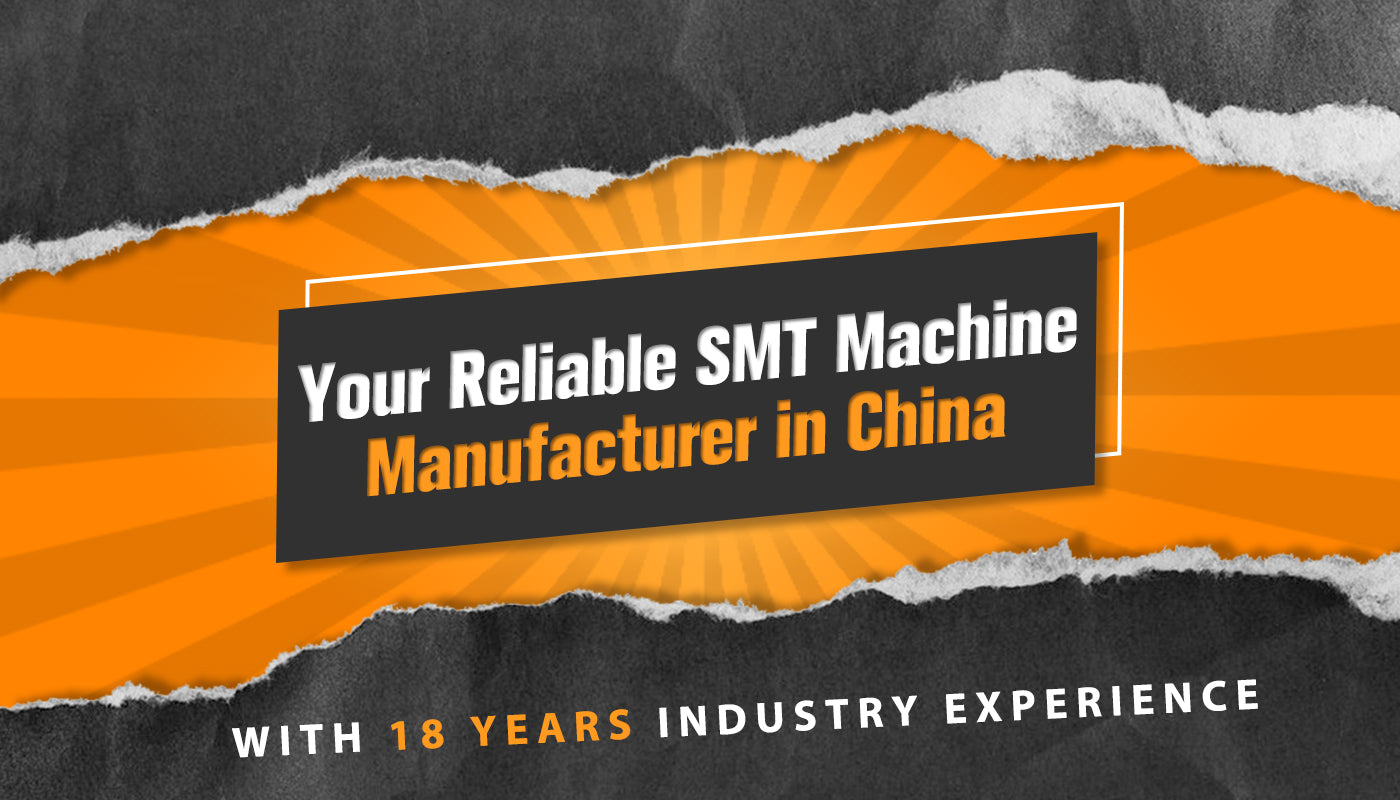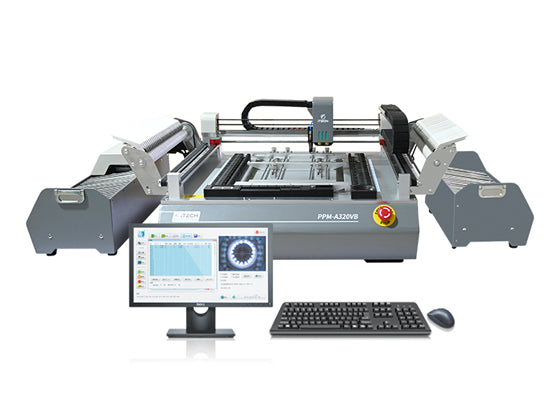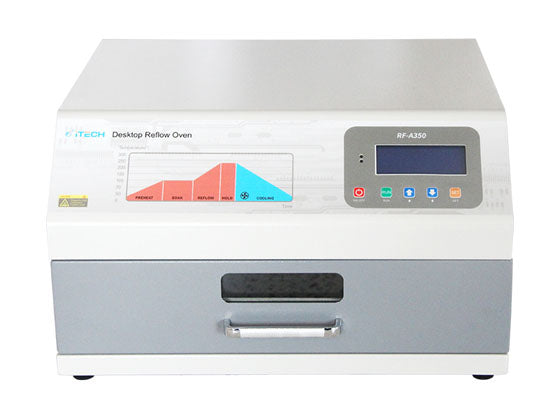In the manufacturing world, the SMT (Surface Mount Technology) production line is the bridge between design and mass production. As product cycles accelerate and the demand for flexibility, delivery speed, and quality grows, many companies are faced with a strategic question:
Should we outsource SMT or build our own line?
This article breaks down the pros and cons of outsourcing vs. in-house SMT from five key perspectives: cost, lead time, quality, flexibility, and IP security—helping you make the best decision for your business.
Common Benefits of Outsourcing SMT
For startups or early-stage products, outsourcing offers several advantages:
- Low initial investment – No need to purchase equipment or hire operators.
- Quick to launch – Just send files to a contract manufacturer (CM) and get boards made.
- No production management required – Focus purely on design and sales.
These are valid reasons—especially for early-stage or prototype runs.
But Outsourcing Has Clear Limitations
Rising long-term costs
Contract manufacturing prices keep increasing due to labor and overhead. For small to medium batches, unit costs are surprisingly high.
Lack of flexibility
Need to change a BOM? Emergency batch request? CMs follow their own production schedules and can rarely accommodate urgent needs.
Limited quality control
Outsourcing often means “black-box production”—you don't control the process, and quality issues may be discovered too late.
IP and data risks
Sharing Gerber files, BOMs, and firmware with third parties exposes your core tech to potential leaks, especially if your product has market value.
5 Advantages of Building Your Own SMT Line
For companies with stable production or growth plans, in-house SMT offers long-term strategic benefits.
1. Lower long-term costs
A one-time investment (starting around $10,000–$50,000) can pay off in 6–12 months. Every board produced afterward significantly boosts profit margins.
2. Full control over lead time
You manage your own production schedule. No queuing. No follow-ups. You can prototype and produce the same day.
3. Maximum flexibility
New version? BOM change? Emergency sample run? In-house means you adjust and produce immediately.
4. Complete quality control
With in-house SPI, AOI, or even manual inspection, you catch defects earlier and reduce rework, improving overall yield.
5. Secure your data and IP
Keep design files, firmware, and processes within your organization, minimizing risk of leakage or reverse-engineering.
Outsourcing vs. Self-Build: A Side-by-Side Comparison
|
Factor |
Outsourcing SMT |
In-House SMT Line |
|
Initial Investment |
Low |
Medium ($10K–$50K) |
|
Unit Cost |
Medium to High (long term) |
Low, with increasing returns |
|
Lead Time Control |
Weak |
Strong (fully autonomous) |
|
Flexibility |
Poor |
Excellent (adapt instantly) |
|
Quality Control |
Reactive |
Proactive (process-level control) |
|
IP/Data Security |
Risk exposure |
High control |
|
Best for |
Early-stage, small batches |
Growing teams, high iteration cycles |
ROI Example: When Does It Pay Off?
Let’s say you produce 20,000 PCBs per year.
Outsourced SMT cost per board = $15 → $300,000/year
In-house cost per board ≈ $5–6 → $100,000/year
You save $200,000/year, and a $30,000 investment is recovered in just a few months.
Should You Build Your Own Line? Ask Yourself:
- Do you have ongoing SMT production needs (≥1,000 boards/month)?
- Do you frequently iterate or produce small batches?
- Do you need faster delivery and lower cost?
- Are you concerned about IP and data security?
- Do you want more control over production quality and timelines?
If you answered “yes” to at least two, it’s time to seriously consider building your own SMT line.
Not Sure How to Start?
We can help with:
- SMT equipment selection tailored to your needs
- Full-line setup, training, and process optimization
- Cost-saving models and ROI projections
- Starter kits for labs, startups, and small factories
Contact Us Now! :")





